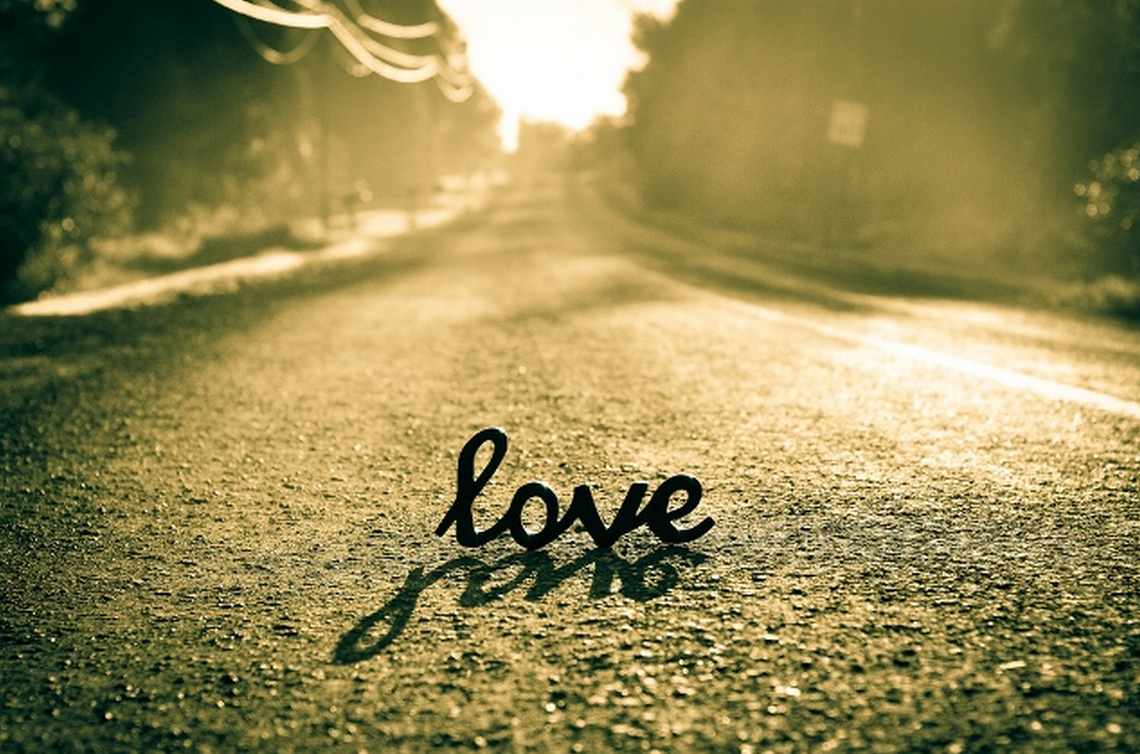One of the topics I covered during my presentation at the IdeaLab two weeks ago was the difference and the importance of saying Yes as opposed to saying No in life. And let me say straight out what might go through your head: "well, that's such an obvious thing to talk about." While I acknowledge that anyone might agree that saying Yes seems a smarter thing to do than saying No, I do want to dedicate this post to the meaning of saying Yes and how saying Yes can truly change the trajectory of your life (sounds like big stuff, and well believe me, it is).
My friend Karen left Google in Australia a few weeks ago and in her farewell note she was quoting Amazon founder Jeff Bezos: "In the end, we are our choices. Build yourself a great story." I kept thinking about this quote and at some point realized how all the small choices we take in our lives (both intentionally and unintentionally) can have a tremendous impact on quite anything that happens to us: the people we meet, the opportunities we come across, life, death, just anything. Let me give you two examples from my own life to illustrate what I mean.
1) When I graduated from that school, the only career I was considering was a career in consulting. It wasn't until my friend Nico encouraged me to apply to Google. Initially, I dismissed the idea because I thought I could earn more money. A few weeks later (I was still stuck in the same internship trying to kill time while the economic crisis was in full swing), I said yes and decided to apply with the sole purpose of gathering interview experience. I not only interviewed, but I also got the job and have been with Google ever since (and very happy, too!).
2) During my studies, I had to choose a second foreign language besides English. I had already been studying French for 7 years, so the obvious option was French. But there was something about Spanish that made me curious. I said yes to the challenge of learning a new language from scratch and became fluent in Spanish. Fast forward to today, I'm leading our strategic partnership efforts throughout Latin America. An opportunity I would have not gotten without my Spanish skills.
These are two major decisions in my life when I was at the cross roads of saying Yes or No. And every single time, saying No would have been the easier option. But I dared to say Yes. Yes to the feeling of discomfort, Yes to the unknown, Yes to the path of more resistance — and good things happened in return. Looking back on these events, I have come to realize how very often, our entire lives are determined by all the small decisions we take un/intentionally at any point in time.
So if these decisions can have such tremendous impact on our lives and result in completely different outcomes, how would we know what is better: Yes or No? Aren't there also examples when someone said No and then ended up better off? Certainly true, but I'm talking here about those moments when you know that saying Yes will make you uncomfortable. When saying Yes will expose you to uncertainty and the unknown. Let me explain!
Saying No is easy. Staying with the status quo is easy. Not challenging yourself is pretty easy. The meaning of saying No often means “zero risk of failure” – no risk, no return. No will probably give you a sense of peace, but No will not give you the life or career you aspire.
Saying Yes on the other hand is hard. Being invited to a dinner party where you don't know anyone can make you feel uncomfortable, but if you say yes, you could meet great people who could change your life for the better. Saying Yes to new opportunities is challenging, but learning new things will help you discover your passions and possibly help you find your calling. Yes is what will eventually help us find our partner (both personally and professionally). Even if it's less obvious, saying Yes means that you will grow, do something new and make a difference. The world is full of Naysayers. You can be the one that pushes ahead with a Yes.
Again, Yes is the harder option because it requires action, commitment and engagement. And, like it or not, some of these experiences may not turn out well, some will be straight out failures, but if you say Yes often enough, you can't help but stumble on life-changing opportunities that you never would have experienced or discovered if you had said No. The good news is though that saying Yes gets easier with time and practice. The more often you say it, the more you learn, the more things you will be comfortable with and the more people you will attract to yourself.
Next time you are at the crossroads of Yes and No, just ask yourself what the easier option would be. Believe me that very often the answer to that will be No. But I dare you to challenge yourself to say Yes and to go down the more difficult path. Why? Because I promise you that you will be better off in the end. And even if not, you made a valuable experience that will enrich a future decision of yours.









